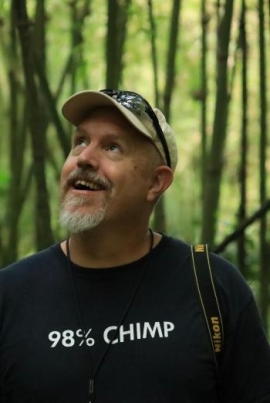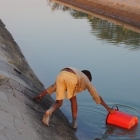The Woods Institute is now part of the Stanford Doerr School of Sustainability
James Holland Jones
James Holland Jones
Senior Fellow
Professor of Environmental Social Sciences and Senior Fellow at the Woods Institute for the Environment
Sustainability
Expertise:
I am a professor in the Department of Environmental Social Sciences, Environmental Behavioral Sciences group, in the Stanford Doerr School of Sustainability. My background is in biological and evolutionary anthropology, but I pivoted to working more in the domain of human population health. My research focuses on human adaptability, broadly construed. This includes understanding the evolutionary and ecological contexts of human subsistence and reproductive decision-making, adaptation to the changing social and biophysical environment, and the measurement and modeling of the consequences of social and behavioral heterogeneity. A substantial share of my research portfolio addresses the transmission and control of infectious disease, with a particular focus on the role of social and behavioral heterogeneity, as well as coupled cultural-evolutionary dynamics in shaping epidemic outcomes. I collect social, behavioral, and ecological data using anthropological, mixed-method approaches and bring to bear the tools of formal demography, transmission-dynamics models, agent-based models, cultural-evolutionary models, social network analysis, and advanced statistics in my work. Recent research in infectious-disease dynamics has focused on how the radical uncertainty characteristic of emerging infections shapes decision-making in the early phases of epidemics. We have extended this work by developing novel tools from machine learning to understand the potential for social heterogeneity to create rugged adaptive landscapes for pathogens that potentially drive the evolution of virulence.





